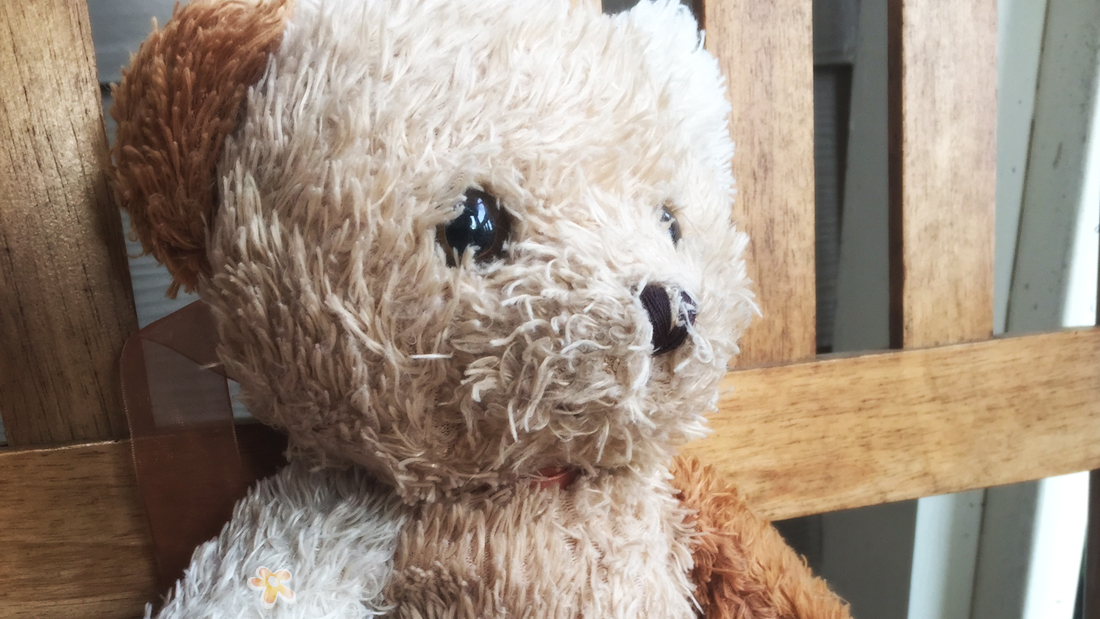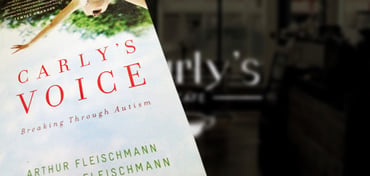Surviving & Accepting The Diagnosis
To say I was shocked, the day we received my son’s autism diagnosis, would be an understatement. I was upset, angry, in denial, and above all scared. I remember thinking, "what do I do now?". I, like a lot of parents, had no experience with autism disorders, and only had this preconceived notion of what autism was. Now, over a year and a half later, I look back and realize how naive and uneducated I really was.
Mommy’s Guilt
“Avery” was a typical, if not an advanced little boy. He was very independent and learned and picked up things fast. He walked at 10 months, weaned himself from nursing and the bottle before a year old, and moved himself to the toddler bed at around 15 months. So, when we first noticed he wasn’t talking as much as is typical for his age, we were assured by his doctor that "late talking" was typical with children who were advanced in physical activities. In other words, he was putting all his thoughts and energy into movement and other physical milestones, he didn’t have "time" to focus on communication and speech. However, as we reached, and then, passed his 18 month mark, and he was still only saying less than ten words, the concern began to grow.
ALSO SEE: Through The Storm, Part 2: Surviving & Accepting The Diagnosis
My guilt began to grow as well. I had returned to work eight weeks after giving birth, and worked a physically demanding job of 40 hours a week, plus over five hours of travel time per week. When I would get home, I was exhausted. Now that Avery was having issues with speech, I felt it was my fault. I was working so much and so tired I wasn’t pushing him like a "good" mother should. I wasn’t working on his speech or encouraging communication enough, and now he was behind. I felt like the biggest failure, as a mother, in the world. His doctor, on the other hand, had a more "realistic" and concrete approach.
The Diagnosis
Our first step was a hearing test, which he took twice, and passed with flying colors both times. Next came a physical/medical test, to make sure nothing was physically wrong, that could be preventing speech. Again he passed. After what seemed like ages and countless tests, which he all passed, it was suggested we do the CARS and ABLLS Autism tests. These detailed tests, which required watching Avery interact and play, were scored on a numeric system. The more problems they spotted the higher score you received. We wanted, hoped, and prayed for a low number.
What we received, was a little bit of everything. Some categories we were low or "normal" range, others were borderline normal and minor problem range. Then we had his communication which, while not super high numbers, they were high enough to label my sweet boy, "high-functioning autistic". I was devastated, I still wholly believed, at this point, it was my fault, and now he was going to carry this label because of me.
Accepting And Growing Together
I would be lying if I did not admit it took a while to accept Avery’s diagnosis, and if I didn’t admit, that there are still days I struggle with self-doubt. I am very much a reader and I hate feeling "left out", so for the months following his diagnosis I read every book and article I could find. What I discovered helped me in so many ways. I learned that, not only is autism not caused by overworked parents, but also that I was not alone. Only then was I able to accept it and forgive myself, and only then was I able to grow, learn, and be Avery’s number one supporter and advocate.
Through The Storm, Part 1: Surviving & Accepting The Diagnosis
A Very Splunky Mom – “Anonymous Mother”
Want to know how a Therapist can Help?
Call (828) 398 0043 or click on the schedule button.
Post navigation
You may also like

Sensory Defensiveness & Feeding
- Sensory Defensiveness, Finger painting, feeding home therapy activities, Autism spectrum, Fetal alcohol syndrome, Developmental dyspraxia, Etiology, CCC-SLP, Defensiveness and Feeding, MS, anxious, Dissociation (psychology), Sensory Dysfunction, Cerebral palsy, feeding therapy toys, feeding therapy, Kristina Starnes, Drug abuse, sensory stimuli, Attention deficit hyperactivity disorder


